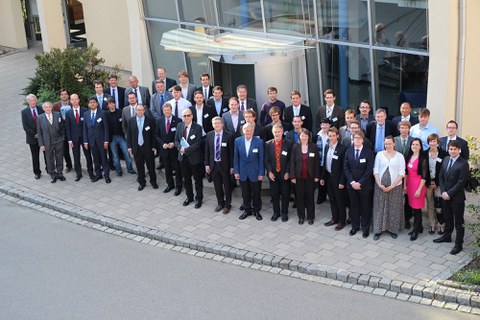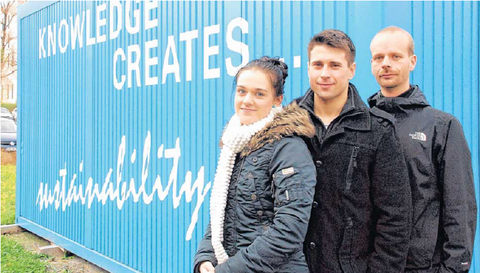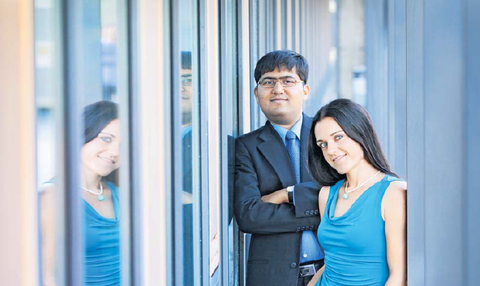Press reports about Boysen-TU Dresden-Research Training Group
University-research meets industrial development
Second edition of doctoral-students-days at the specialist in exhaust systems Boysen/ 24 young scientists present their projects
Altensteig, 24 April 2014
Read more...
Altensteig (boysen-online.de/presse). The link between research at universities and in the industry was the focal point of the second doctoral-students-days at the exhaust systems specialist in Boysen in Altensteig. Twenty-four young scientists from four universities presented the status quo of their research projects along with their mentoring professors. Funding these projects is provided by the Friedrich und Elisabeth Boysen-Stiftung
By CHRISTIAN GRIMM
With energy to an acceptance turnaround
Researchers of the Dresden University of Technology investigate how people cope with new technologies.
DNN, 21.01.2013, Foto: Holger Grigutsch
Read more...
Dresden (DNN). The German Federal Minister of Environment Peter Altmaier (CDU) and his colleague Philipp Rösler (Federal minister of Economy, FDP) emphasized in the first monitoring report “Energie der Zukunft” (“Energy of the future”) that the German energy turnaround is heading in the right direction. However, public discussions mainly focus on topics like malfunctions in the power-grid expansion, injustice at the distribution of costs and the rejection of technical implementations. Based on these factors, the social acceptance of this massive infrastructural project is adversely affected. A group of young researchers from TU Dresden wants to shatter this Gordian knot with the help of social science.
By HOLGER GRIGUTSCH
The Fascination of irrationality
At the Boysen-TU Dresden-Graduiertenkolleg doctoral students, who don’t belong together, work together.
Sächsische Zeitung in
cooperation with TU Dresden
FTD, 9 November 2012, Foto: Amac Garbe
Read more...
If somewhere in Germany a power supply line or a windmill is going to be installed, then this could be a case for Adriane Schmidt. The 26-year-old media researcher wants to examine how people can be convinced into accepting the energy turnaround, even if it happens in “their backyard” – for example close to gigantic pylons or menacingly appearing windmills. Technically there is no need for her to deal with this topic; there are many researchers able to explain the functionality of these constructions and what is done, to make them safe. “But there is this fascination of irrationality, which attracts people,” she says. The fear of danger is often stronger than scientifically based explanations.
By THOMAS BÄRSCH



